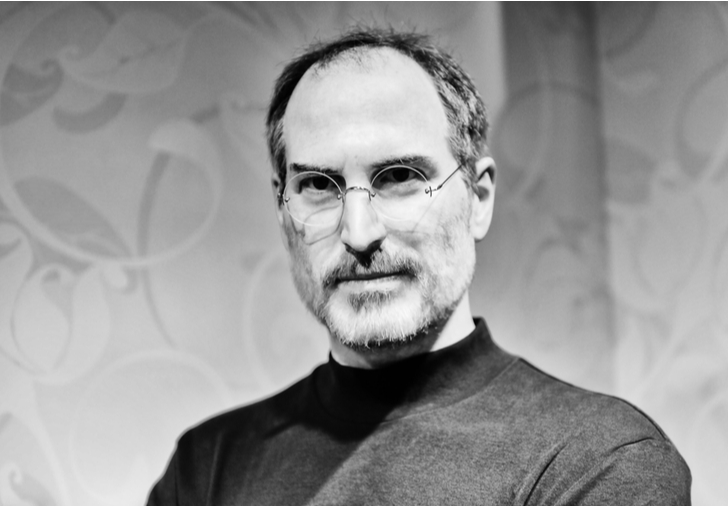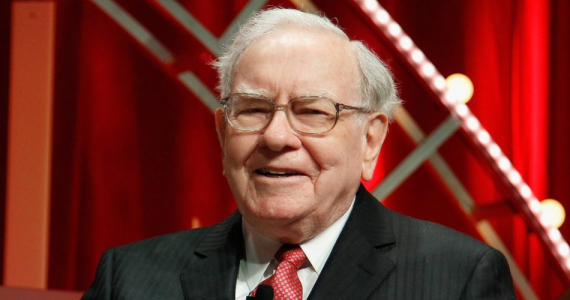Some people say when opportunity knocks on your down, you should grab it by the neck and never let it go. But is this always the case? Should you say “yes” at every opportunity you get in order to be successful?
For the late Apple founder Steve Jobs, Berkshire Hathaway CEO Warren Buffett, and Microsoft founder Bill Gates, sometimes having to say “no” was one of the defining qualities that made them great leaders.
We’re all obsessed with these successful businessmen and entrepreneurs who were considered pioneers in their respective industries. For one, they are all billionaires and considered among the wealthiest in the world, and two, they have managed to keep their businesses afloat even during the most turbulent times.
Billionaires’ Advice
If you would think that successful businessmen are always thinking of ways to bring down their competitors, then let the friendship between Bill and Warren change that perception.
The two outstanding entrepreneurs are good pals and in fact, they are ever grateful for the things they have learned from each other.
That’s not all, they are also both philanthropists — the two magnates, along with Melinda Gates, put up The Giving Pledge, a campaign that encourages the world’s richest to give most of their fortune towards different causes.

As much as they are successful, they also impart invaluable pieces of advice to one another. The 63-year-old revealed that Warren had once given him a tip that would greatly change his perspective in the years that followed.
The words of wisdom of the 88-year-old, who sits on the third spot of the list of world’s wealthiest people with an estimated net worth of $82.5 billion, is to learn when to say “no” because this will give you more time to focus on more important objectives.
If you decline an opportunity today, that doesn’t mean that there won’t be another one tomorrow because the possibilities in this life are endless.
While there will always be infinite projects, jobs, and chances, we all know that we are restricted by time – billionaire or not, we all have the same number of hours, minutes, and seconds in a day. So saying “no,” albeit it takes practice, will definitely save you more time.
Learning to Say ‘No’
Interestingly, even Steve, who is touted as one of the pioneers of the revolution of microcomputer, used to say the same thing to his employees when he was still alive.
The skilled legend was widely known to have turned the fate of the then-doomed Cupertino, California-based company into a tech powerhouse just by imparting perhaps his most useful trait: saying “no.”

Speaking in front of a crowd, Steve argued that the company had too many products that didn’t really add value to the company.
So, he brought Apple back to its roots by suggesting to the employees to focus on a smaller selection of products.
This way the company was doing less, but making sure that it did it well. Ever heard the saying, ‘less is more’? This decision turned out to be Apple’s biggest one yet, turning the company into the trillion-dollar colossus in the tech industry.
Practice, Practice, Practice
The art of saying “no” isn’t just applicable to billionaires but also important for our everyday decision-making. While we don’t think about it, this is such a powerful tool that we tend to underestimate.
However, we often find it hard to decline or to refuse because we don’t want others to feel bad or we don’t want to let other people down. As a result, we tend to feel pressured into giving in despite not really wanting to do what is asked of us.

The way we rationalize our feelings can actually harm us, both in our career and personal life, further underlining the importance of saying “no”.
You can always turn down a request with compassion and politeness instead of sounding too offensive, especially when it involves a commitment that is worth too much of your time and effort, or comes at the expense of your health.
Explain properly why you won’t be able to do the task or attend the event and that the quality of your work may suffer if you force to take on extra work.





